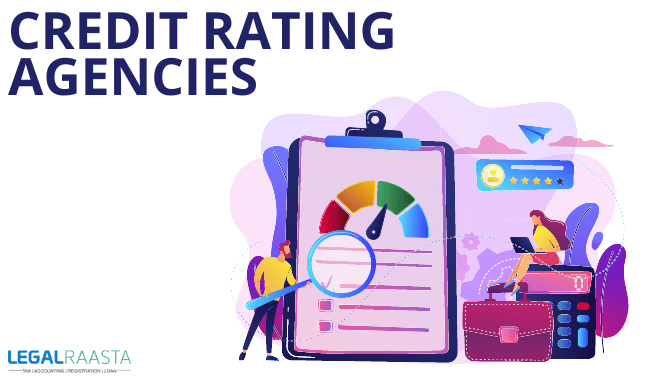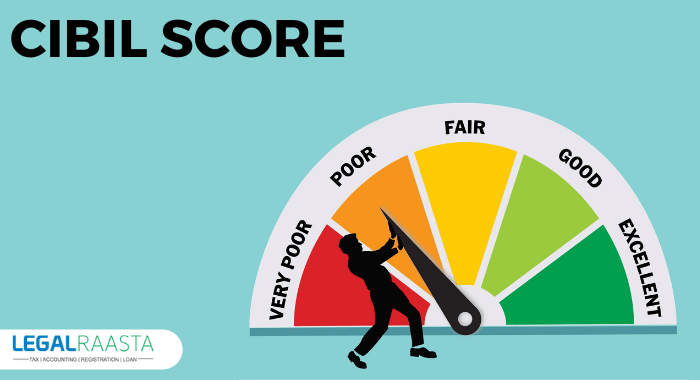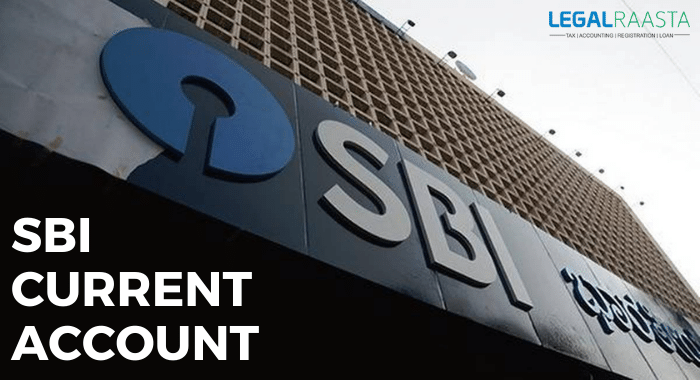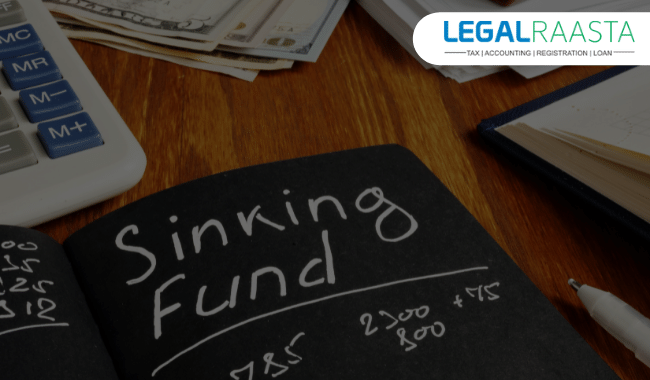Credit Rating Agencies in India
Credit ratings are an essential factor in the working of industries and sectors, as it is a validation tool for most financial decisions. It acts as a benchmark to measure the creditworthiness of borrowers such as companies and governments. It also helps fund managers to make investment decisions. In India, there are five major credit rating agencies (CRAs) that provide credit ratings to Indian corporates and infrastructure finance companies (IFCs).
Securities and Exchange Board of India has the right to authorize and regulate the credit rating agencies according to SEBI Regulations, 1992 of the SEBI Act.
What is the history of credit rating agencies in India?
In 2001, SEBI mandated CRAs from developed countries to set up a presence in India. It was done with an intention to improve transparency, accuracy, and standardization in the rating process. CRAs from Belgium (Fitch), US (S&P), and the UK (ICRA) set up their business operations in India, but it wasn’t until 2006 when India saw its first domestic CRA (Care Ratings).
CRIs: CRI was established by Credit Rating Information Services of India Limited (CRISIL), India’s leading ratings and research company. The company was the first Indian credit rating agency (CRA) which got registered on 20th Feb 2006 with SEBI, by the Ministry of Corporate Affairs (MCA).
National CRA: National Credit Rating Agency (NCRA), also known as National CRISIL Limited is a joint venture between CRISIL and ICRA. In December 2006, the two companies signed an agreement to launch a joint venture called National CRISIL Limited, wherein both parties would hold 50 percent stakes in it. In April 2007, NCRA received registration from SEBI to set up its operations as a Credit Rating Agency for providing services of preparing or issuing any document containing information about the assessment of risks related to potential borrowers, whether in a single transaction or a series of transactions.
S&P: S&P was the first international agency to open its office in India way back in January-2001. Standard & Poor’s is a multinational, American stock and bond rating agency. In July 2007, Standard & Poor’s acquired the Indian affiliate of MMCIS group for US$ 90 million from ABN AMRO Bank NV, as per an agreement signed between both the parties earlier that year. Later it was rechristened as Icra Limited (formerly known as Infrastructure Development Finance Company Limited) and has been associated with Standard and Poor’s (S&P) since then for providing credit ratings under “S&P – IBC – Indian infrastructure credit ratings”.
Fitch: In September 2015, Fitch Group acquired a 49% controlling stake in India Ratings and Research Pvt Ltd (Ind-Ra), a wholly-owned subsidiary of India Value Fund Advisors Private Limited from ICICI Prudential Life Insurance Company for about US$ 55 million as per an agreement signed between the two parties. This deal has been done to acquire Ind-Ra’s equity capital market business which includes credit rating, research & analysis services. Since then, it is known as Fitch Ratings India Private Limited or FRIPL.
Care Rating: Care Rating Services was established by Credit Analysis & Research Ltd., a company listed on the Bombay Stock Exchange and National Stock Exchange of India in February 2006.
Care Rating was the first domestic credit rating agency to start its operations in India under the new system of credit ratings set by the Securities Exchange Board of India (SEBI). It is a data-driven, independent and versatile risk assessment company with an utmost focus on transparency, consistency, and accuracy in providing Data Quality Assessments for Indian companies.
Importance
Credit rating agencies serve as an intermediary between lenders and borrowers to determine the creditworthiness of clients through a rigorous research process, which helps them decide whether to give loans or not. After doing a thorough analysis of financials, business strategy, etc., CRA assigns grades, ranging from AAA to D that shows their level of confidence in its ability to repay the loan. If companies receive higher ratings, they can save on borrowing costs, as lenders will be more willing to lend them money.
For example, if an individual has a good credit score of 700 points, he may be offered loans at lower interest rates than someone with a low score of 490 points. Hence it becomes essential for the borrowers to maintain high ratings in order to go for further borrowings or refinancing of debts.
How do credit rating agencies work?
Credit rating agencies in India are used by the private sector to determine if companies can be lent money or not. It is necessary for companies to maintain ratings in order to borrow more, hence it becomes important for them to keep their score high. Additionally, these agencies are seen as an important tool by central banks to monitor financial stability and consequently determine the appropriate monetary policy measures.
Credit rating agencies determine the creditworthiness of an entity. They analyze a business’s financial information and predict its ability to pay back borrowed money in accordance with the terms and conditions mentioned in the loan agreement.
The agency assigns different grades to companies depending on their performance and stability in order to decide the interest rate at which loans will be given, called credit ratings. If a company can maintain high credit ratings, it gets easy access to short-term funds from lenders such as banks and hence can borrow at lower costs than those that have low ratings or are new. Since the primary objective of such agencies is an assessment of risk for assigning credit ratings, they do not consider factors such as ethical behavior, social responsibility, etc., which could impact the long-term financial performance of a company.
The process is objective, transparent, and free of bias. The credit rating agency assigns grades to companies based on the financial information provided by them. These grades are between ‘AAA’ to ‘D’, with ‘AAA’ being the highest grade possible and signify the high degree of confidence in the ability of any entity to pay back the money it borrows from others at an agreed-upon timeframe. Ratings are normally reviewed periodically, depending on how stable the company’s business risk profile is over time. Higher ratings mean lower borrowing costs for companies as they can raise money through loans at lower rates than those firms that have low ratings or are new i.e., the first few years since their inception.
Currently, there are five major credit rating agencies operating in India. They are as follows :
- Brickwork Ratings India Private Limited (Brickwork)
An indicator of its reputation across global markets among investors and other parties Brickwork India provides objective, independent, and in-depth credit analysis and ratings of corporates, financial institutions, and banks.
- Industrial Credit Rating Agency of India Pvt. Lt.d (Icra Ltd.),
Icra was established in 1975 as Industrial Credit Rating Agency of India Pvt. Ltd., providing ratings for industrial clients only. However, over the years it has expanded its client base to cover financial institutions, infrastructure companies, and international corporate clients based outside India. It carries out quantitative analysis of individual entities as well as sectoral trends across industries using information available with the companies in the public domain.
- CARE Ratings Limited (Care),
Care Ratings too operates on a business model similar to that of the Industrial Credit Rating Agency of India Pvt. Ltd (Icra, Ltd.) catering mainly to the financial institutions and stockbrokers in India. The company was established over 50 years ago as part of the CARE group engaged in non-banking financial activities in India.
- CRISIL Ltd
Currently, Crisil is the only credit rating agency headquartered in India known for its independence, excellence, and integrity in assessing real sector entities across industry verticals. It also receives regular awards for its excellence from various international organizations such as Asian Credit Bureau (ACB) Forum, International Monetary Fund (IMF), Moody’s Analytics, etc.,
- India Ratings & Research Private Limited (Ind-Ra).
India Ratings & Research (Ind-Ra) performs specialist services such as project appraisal for infrastructure financing, capacity utilization studies, market research, and monitoring of the performance of Indian companies across industries through specialized survey methodologies. It also assesses sovereign risk for foreign investors into India. All these activities are carried out under a license from SEBI granted on February 8, 2011.
Related Posts:










